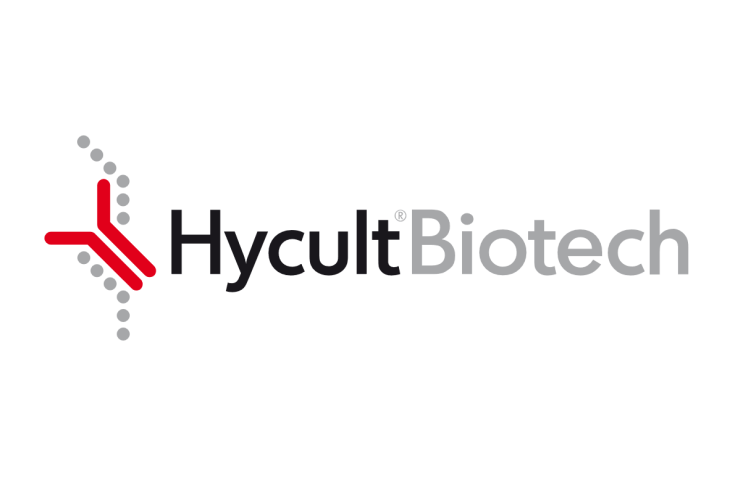-
Research area
- Biochemicals
- Blood and Biospecimens
- Cell biology
- Environmental
- Flow Cytometry
- Forensic Science
- Genomics
- Immunology
- Labware
- Microbiology
- Pathology
- Transplantation
429 Too Many Requests 429 Too Many Requests
nginx - Suppliers
- About us
- Resources
- Events
- Support
- Lab Services
- Promotions
Product description
The monoclonal antibody NG8 is specific for Cytotoxic necrotizing factor type 1 (CNF1) of uropathogenic Escherichia coli. CNF1 and CNF2 belong to a family of bacterial toxins that target the small GTP-binding Rho proteins that regulate the actin cytoskeleton. Members of this toxin family typically inactivate Rho; however, CNF1 and the highly related CNF2 activate Rho by deamidation. CNF1 is more frequently associated with E.coli strains that cause extraintestitinal infections in humans, particularly those of the urinary tract (such as cystitis, pyelonephritis and prostatitis). In CNF1-producing uropathogenic E. coli strains, CNF1 is chromosomally encoded and typically resides on a pathogenicity island that also contains hemolysin and P fimbria- related genes. Both CNF1 and the highly related, plasmid-encoded CNF2 are monomeric, cytoplasmic toxins of approximately 115 kDa. CNF1 can be structurally organized into three functional domains the N-terminal, central and the C-terminal domain. The latter exhibits the catalytic activity of the toxin. Monoclonal antibody NG8 recognizes an epitope between amino acids 704 and 730 of the C-terminal enzymatic domain. NG8 specifically neutralizes CNF1 while lacking activity for CNF2.
Specifications
Applications
WB, ELISA, FUNC
Isotype
Mouse IgG2a
Supplier
Hycult Biotech
Shipping & storage
Shipping condition
Room Temperature
Storage temperature
2-8°C
Do you have any questions about this product?
Order your product by email
Productname
CNF1, mAb NG8
HM6005-100UG
By filling out this form, you are placing an order by e-mail. You will receive an order confirmation within one working day. The order cannot be modified after receipt of the order confirmation.
Request a sample
Productname
CNF1, mAb NG8
HM6005-100UG
By filling out this form, you request a sample. You will receive an order confirmation within one working day. The order cannot be modified after receipt of the order confirmation.
Are you looking for specific products, alternatives or documentation?











